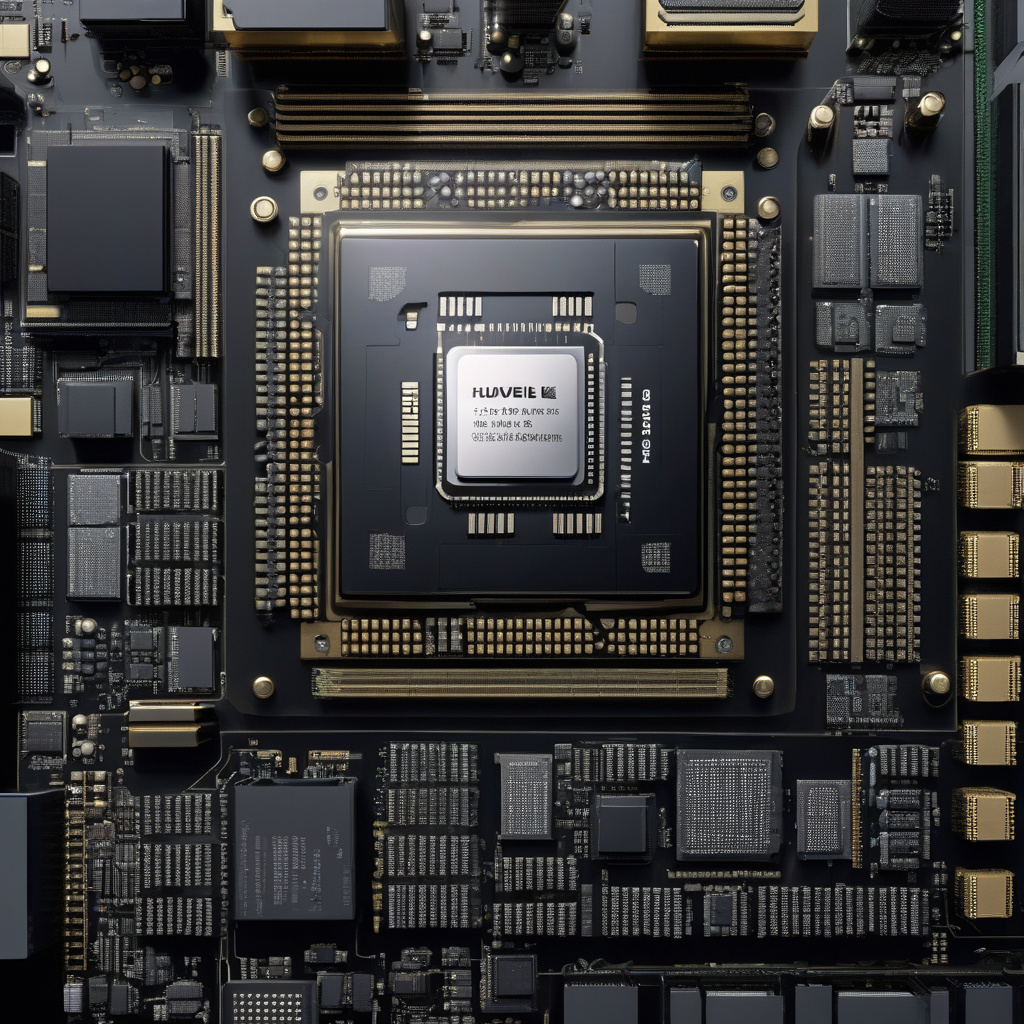Chinese AI sector eyes Huawei’s powerful 910C chip
The Chinese artificial intelligence (AI) industry has been making significant strides in recent years, fueled by advancements in technology and a growing demand for AI-powered solutions. One of the key developments in this sector has been the emergence of powerful AI chips that are designed to handle complex AI algorithms and applications. In particular, the Huawei 910C chip has caught the attention of industry experts and developers in China, promising to push the boundaries of AI innovation in the country.
The rise of the Huawei 910C chip comes at a time when US export rules have pushed China to develop local AI chips as part of its efforts to reduce reliance on foreign technology. With the escalating trade tensions between the US and China, Chinese tech companies have been faced with increasing restrictions on accessing key technologies, including AI chips. In response, Chinese companies have ramped up their efforts to develop homegrown AI chips that can compete with the best in the world.
The Huawei 910C chip is a prime example of China’s progress in the AI chip sector. Launched in 2021, the 910C chip is designed to deliver high-performance computing capabilities for a wide range of AI applications, from natural language processing to computer vision. With its advanced architecture and innovative design, the 910C chip has quickly gained recognition for its speed, efficiency, and scalability, making it a popular choice among AI developers in China.
One of the key advantages of the Huawei 910C chip is its ability to process large amounts of data in real-time, enabling faster and more accurate AI inference and training tasks. This makes it ideal for applications that require high computational power, such as autonomous driving, healthcare diagnostics, and smart city infrastructure. By harnessing the power of the 910C chip, Chinese companies can develop cutting-edge AI solutions that are tailored to the needs of the local market.
Moreover, the Huawei 910C chip represents a significant step forward in China’s quest for technological self-reliance. By developing indigenous AI chips like the 910C, China aims to reduce its dependence on foreign technology suppliers and strengthen its position as a global leader in AI innovation. With the 910C chip paving the way for future advancements in AI hardware, Chinese companies are well-positioned to drive the next wave of AI-powered technologies and applications.
In conclusion, the Chinese AI sector’s interest in Huawei’s powerful 910C chip underscores the country’s commitment to developing homegrown AI technologies in the face of increasing trade restrictions. As China continues to invest in AI research and development, chips like the 910C are poised to play a crucial role in shaping the future of AI innovation in the country and beyond.
AI, Huawei, China, technology, innovation












